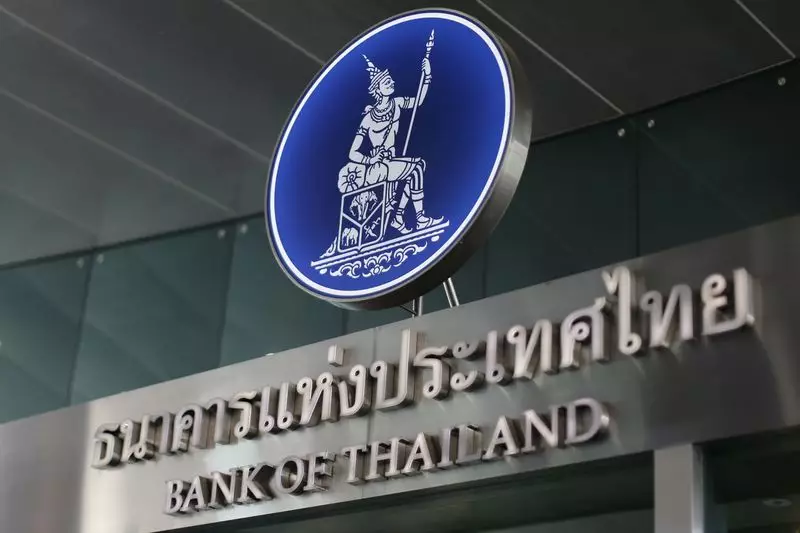The recent shift in leadership within Thailand’s government has brought to light differing perspectives on economic policy, particularly in relation to the central bank’s independence. Prime Minister Paetongtarn Shinawatra has expressed concerns that central bank autonomy may hinder economic growth, a sentiment echoed by her predecessor, Srettha Thavisin. However, Bank of Thailand Governor Sethaput Suthiwartnarueput has emphasized that the central bank’s independence is accompanied by accountability. This distinction underscores the need for a balanced approach that considers both economic stimulus and financial stability.
Amidst calls for interest rate cuts to bolster economic growth, the central bank has maintained its key interest rate for the fifth consecutive meeting. Governor Sethaput affirmed that this decision reflects a neutral stance while awaiting potential shifts in economic policies under the new administration. The prospect of adjustments to policy rates remains contingent upon evolving economic conditions, signaling the central bank’s adaptability to changes in the external environment.
Prime Minister Paetongtarn has indicated plans to review the government’s digital wallet cash-handout program, signaling a reassessment of existing fiscal policies. Despite a modest uptick in economic growth during the April-June quarter, uncertainties surrounding fiscal policy implementation have clouded the economic outlook. Analysts have raised concerns about the potential impact of policy shifts on future growth trajectories, emphasizing the importance of coherence between government initiatives and central bank measures.
The Bank of Thailand’s projections for economic growth and inflation remain consistent with earlier forecasts, indicating a cautious optimism regarding the country’s economic trajectory. With an initial estimate of 2.6% growth for the year, the central bank acknowledges the need for ongoing monitoring and assessment to ensure alignment with regional economic trends. Last year’s growth rate of 1.9% underscored the importance of targeted interventions to stimulate economic activity and maintain financial stability.
The dynamic interplay between the central bank and the finance ministry underscores the complexity of economic policymaking in Thailand. The need for collaborative decision-making, grounded in a shared commitment to sustainable growth and financial prudence, remains paramount. As the country navigates evolving economic challenges and opportunities, a coordinated approach that balances independence with accountability will be essential to fostering long-term prosperity.

